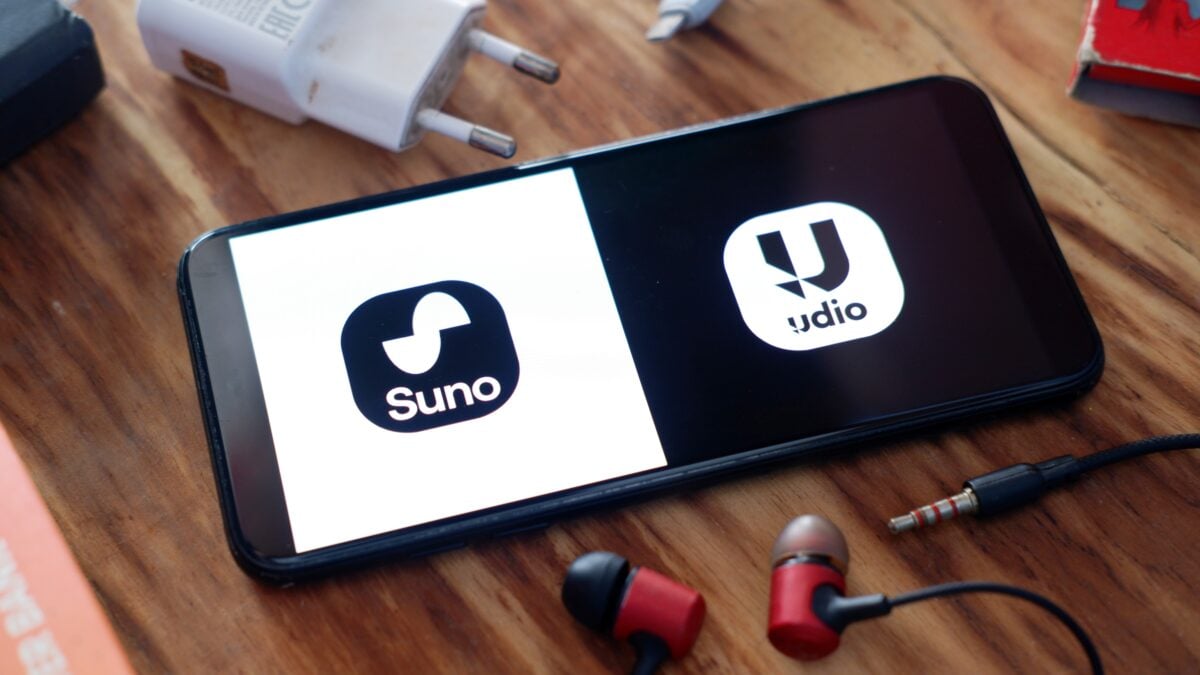TLDRs;
- Suno seeks $100M funding at a valuation topping $2B, quadrupling its worth amid the AI music boom.
- Universal and Warner Music are suing Suno for copyright infringement, seeking potential damages in the billions.
- Settlement talks may result in licensing agreements and equity stakes, setting new industry standards for AI-generated music.
- Regulatory changes and royalty models could reshape Suno’s revenue and the entire AI music economy in the coming years.
AI music startup Suno, known for its ability to generate complete songs from text prompts, is reportedly in talks to raise over $100 million at a valuation surpassing $2 billion, according to individuals familiar with the matter.
If finalized, the deal would quadruple Suno’s previous valuation, underscoring investor appetite for creative AI tools that blur the line between art and algorithm.
The company, which already boasts annual recurring revenue (ARR) exceeding $100 million, has attracted a growing list of high-profile backers, including Lightspeed Venture Partners, Nat Friedman, Daniel Gross, Matrix Partners, and Founder Collective.
Rising Amid Legal Storm Clouds
While the company’s growth track record has dazzled Silicon Valley, Suno’s rapid ascent has not been without friction. In mid-2024, major record labels including Universal Music Group (UMG) and Warner Music Group (WMG) jointly filed lawsuits against Suno and its AI music rival, Udio, alleging copyright infringement on a massive scale.
The suits, which seek up to $150,000 per infringed work, could translate into billions in potential damages if upheld in court. Yet, despite the looming legal shadow, Suno’s discussions with investors have continued, reflecting confidence that the company will eventually strike a workable deal with the industry’s biggest players.
Insiders suggest that Suno and the record labels are exploring a settlement that could lead to formal licensing agreements and perhaps even equity stakes for the labels themselves. Such an arrangement could mark a pivotal moment in reconciling AI-generated music with traditional copyright law, effectively setting a precedent for the broader industry.
Negotiating the Future of AI Licensing
Sources close to the talks say the outcome of Suno’s settlement could reshape the economics of AI-generated audio. Terms around royalties, attribution, and per-use fees will determine how sustainable Suno’s current $100M+ ARR truly is.
If the company agrees to a model mirroring streaming-style micropayments, it could see a sharp decline in profit margins. Similar to ElevenLabs’ deal with Kobalt, where a 50/50 split and Most Favored Nation (MFN) clause apply, labels could demand similar parity, ensuring they receive the most favorable terms across all AI partnerships.
Moreover, the European Union’s AI Act, set to enforce mandatory watermarking and provenance tracking by 2026, adds another layer of compliance pressure. Suno may need to integrate new content-detection APIs to verify originality, mirroring solutions already employed by platforms like Spotify and Deezer, which have begun flagging or removing AI-generated songs in bulk.
The Broader AI Audio Gold Rush
Suno’s valuation surge reflects a broader trend sweeping through the AI-generated audio and music creation market. With user-generated content (UGC) platforms integrating generative audio tools and creators experimenting with synthetic vocals, AI is fast becoming both a creative ally and a legal minefield.
Vendors like Digimarc and SoundPatrol are developing neural fingerprinting and audio watermarking technologies that help identify AI-generated content, an innovation essential for ad networks, streaming services, and gaming studios aiming to avoid copyright violations.
Despite these challenges, the demand for AI-driven creativity continues to surge, and investors are betting that platforms like Suno can navigate the legal complexities and emerge as industry leaders. If successful, Suno’s $2B valuation could signal the dawn of a new era where music creation, licensing, and distribution are fundamentally rewritten by AI.







